Russian company Rosatom begins construction of Egypt's first nuclear plant
After years of delay, Russian state atomic energy corporation Rosatom has begun construction of Egypt's first nuclear power plant, calling it "the largest project of Russian-Egyptian cooperation" since the 1950s.
Egyptian President Abdel-Fattah el-Sissi and his Russian counterpart Vladimir Putin had five years ago signed the agreement to build the plant at El-Dabaa, on Egypt's north coast.
On Wednesday, Rosatom chief Alexey Likhachev and Egyptian Energy Minister Mohamed Shaker poured concrete into what will be the base of the plant, with Shaker hailing it as a "historic event" for Egypt.
"The plant will be the largest project of Russian-Egyptian cooperation since the Aswan High Dam", said Likhachev, while Shaker called it a "historic event" for his country, the statement added.
According to Rosatom, it is the biggest cooperation project between Russia and Egypt since the construction of the Aswan Dam.
According to some local media reports, the construction cost of the power plant is estimated at 25 billion euros and began ahead of a visit by Russian Foreign Minister Sergey Lavrov, who is due in Cairo on Sunday to meet with the 22-member Arab League.
El-Dabaa plant, which lies about 300 kilometers northwest of Cairo on the Mediterranean coast, is planned to consist of four reactor units each with a 1,200 Megawatt generating capacity.
The construction launch "means that Egypt has joined the nuclear club," Likhachev said, according to Rosatom.
The 111-meter-high and 3.6-kilometer-wide Aswan High Dam, harnessing the Nile river for hydropower and irrigation, was a key project in the early 1950s of pan-Arabist president Gamal Abdel Nasser –– and was built with Soviet support.
After the Russian military operation in Ukraine, Finnish-led consortium Fennovoima said it had terminated a contract with Rosatom to build Finland's third nuclear power plant, citing risks linked to the Ukraine conflict.
It seems that Egypt has not taken a specific stance on Russia or Ukraine so far, which is why the plan that was started in 2015 to turn this country into a civilian nuclear power continues.
In 2017, Egypt and Russia signed an agreement to build four 1200 MW reactors.
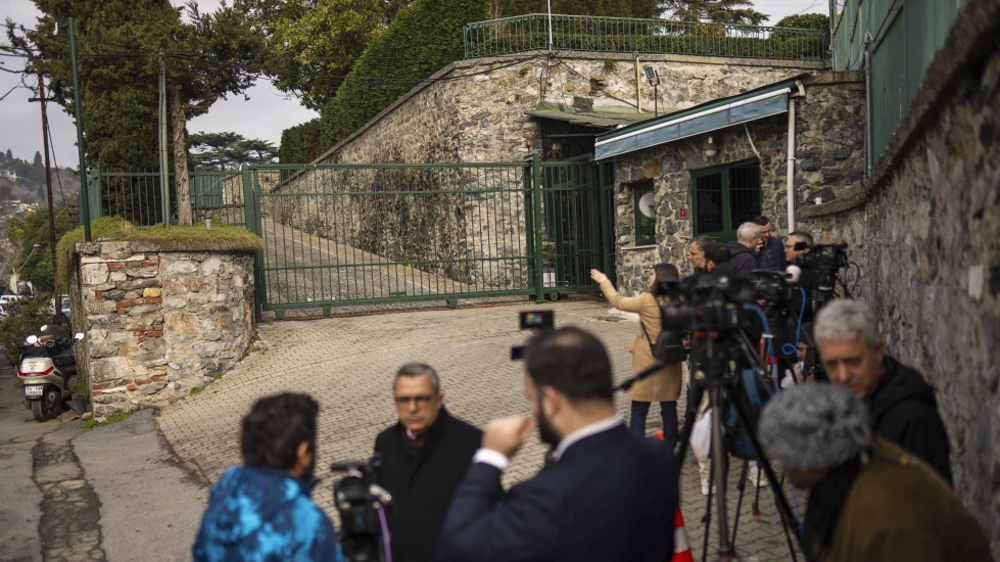
Russia, US diplomats to meet in Istanbul to discuss restoration of embassies: Lavrov
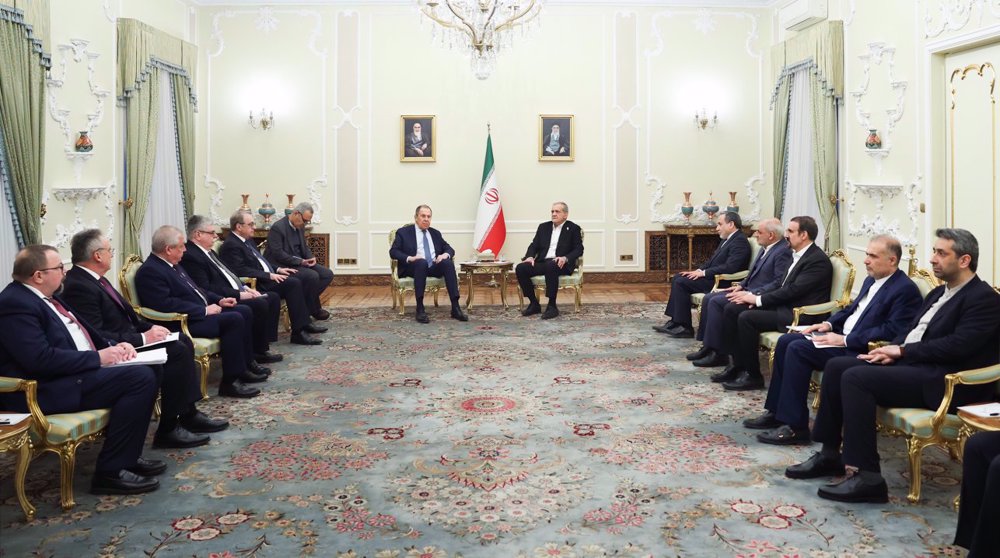
Iran’s president vows to accelerate cooperation with Russia
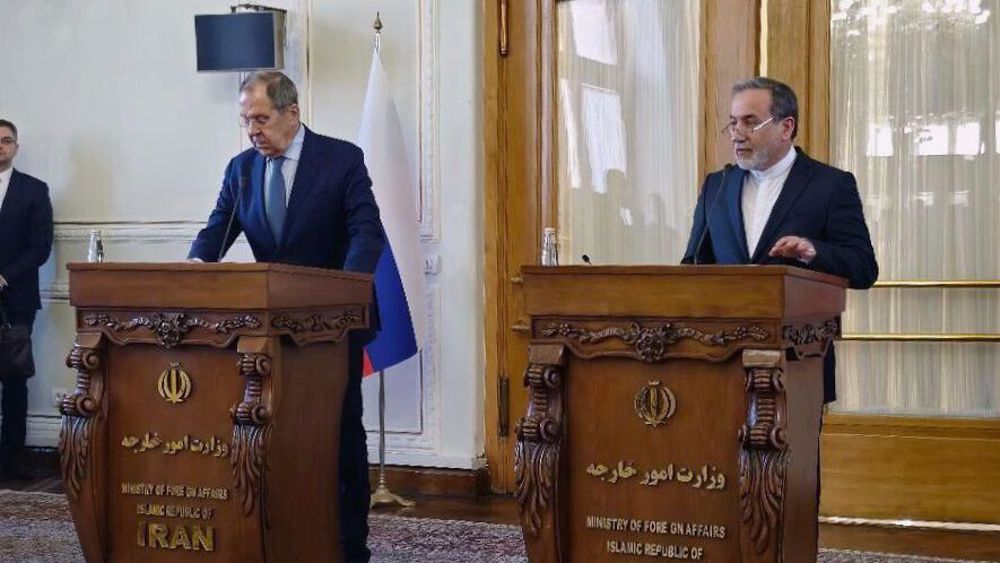
Iran rules out nuclear talks with US amid ‘maximum pressure’ campaign
Over dozen settlers injured in anti-Israel operation near Haifa
Pezeshkian: Iran open to talks but won’t capitulate to bullies
VIDEO | Iran unveils advanced naval arsenal
VIDEO | Reunion of released Palestinians and their families in Khan Yunis
Kurdish leader Ocalan calls on PKK militants to end war with Turkey
Health leader warns Africa's health services at risk of 'collapse'
VIDEO | Press TV's news headlines
Iranian flotilla makes port call in India with 'friendship message'


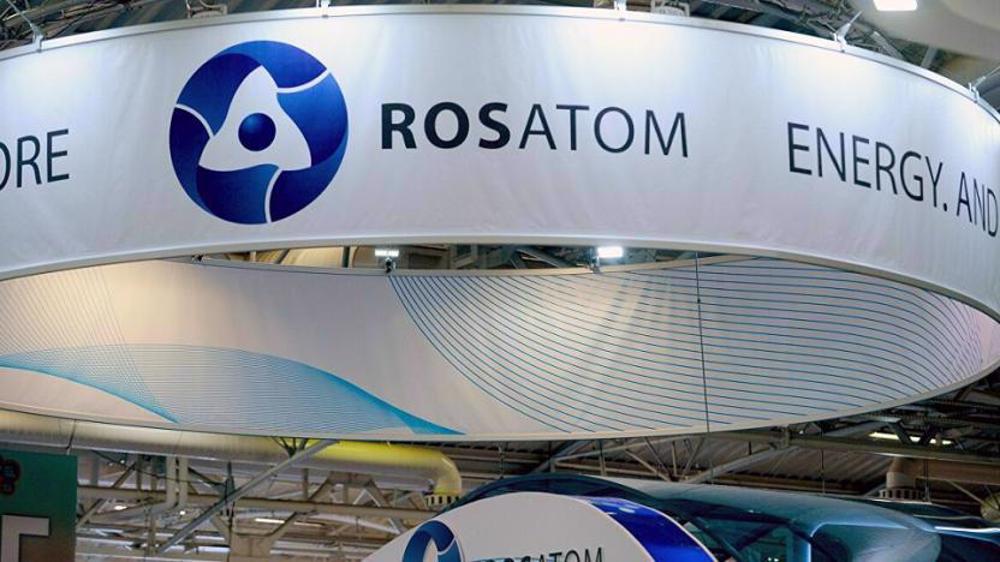



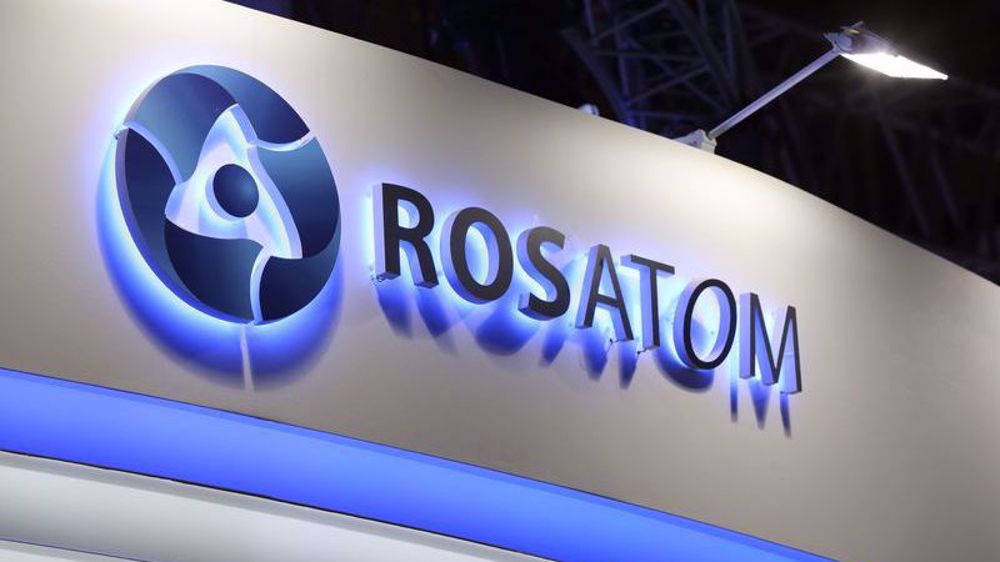
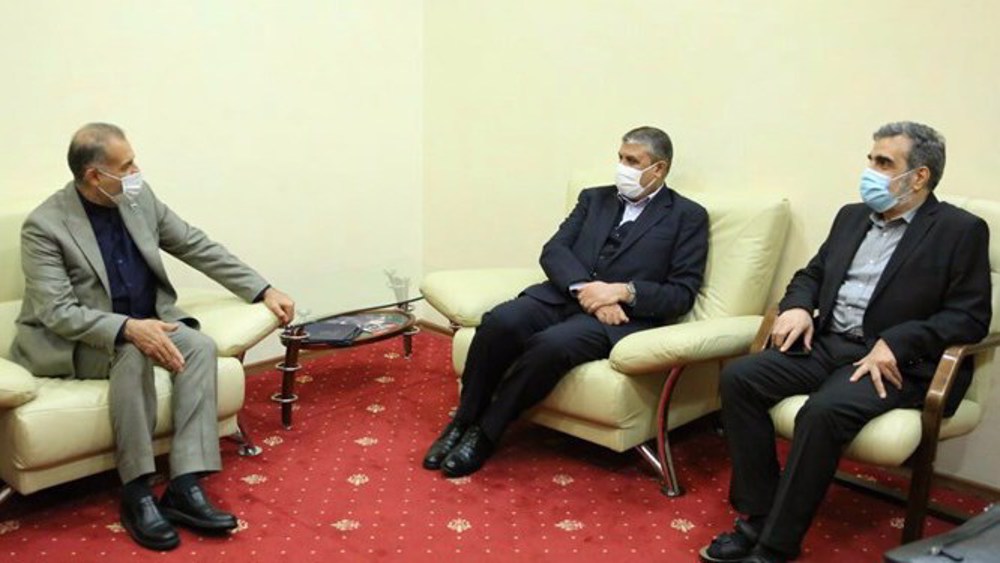
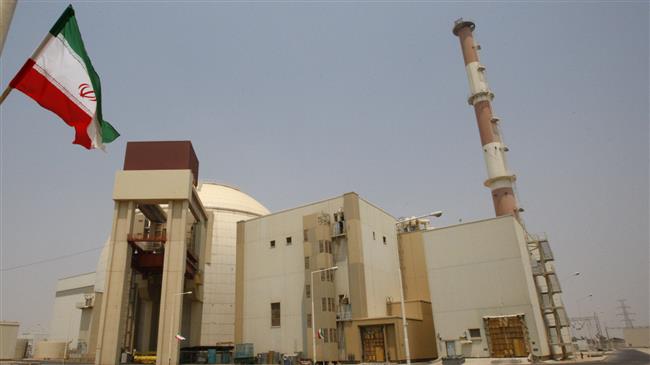

 This makes it easy to access the Press TV website
This makes it easy to access the Press TV website